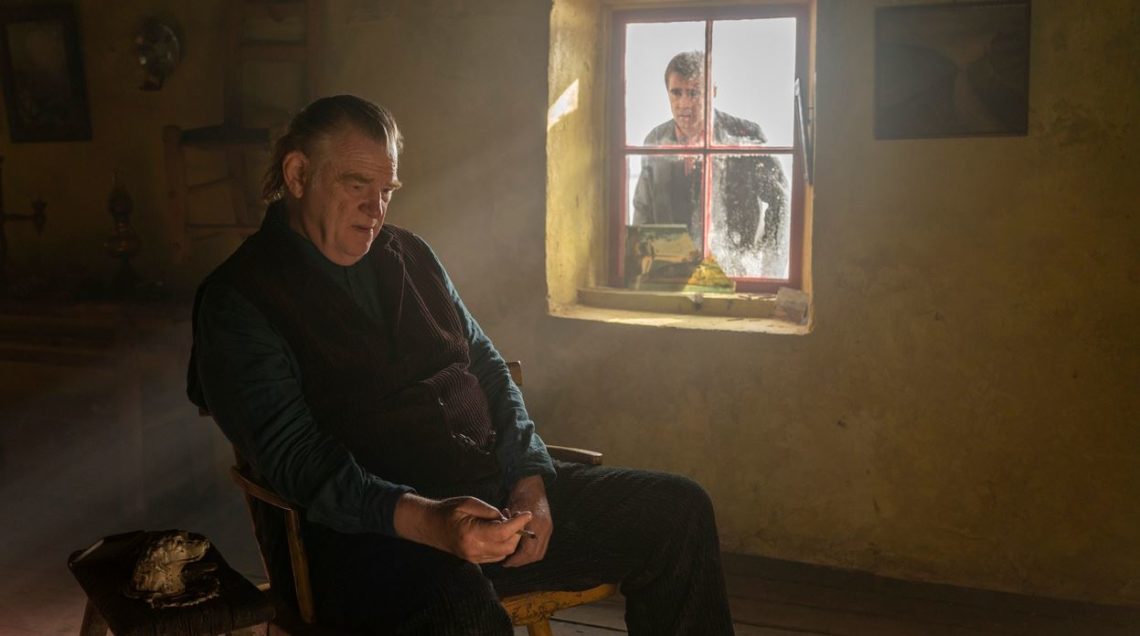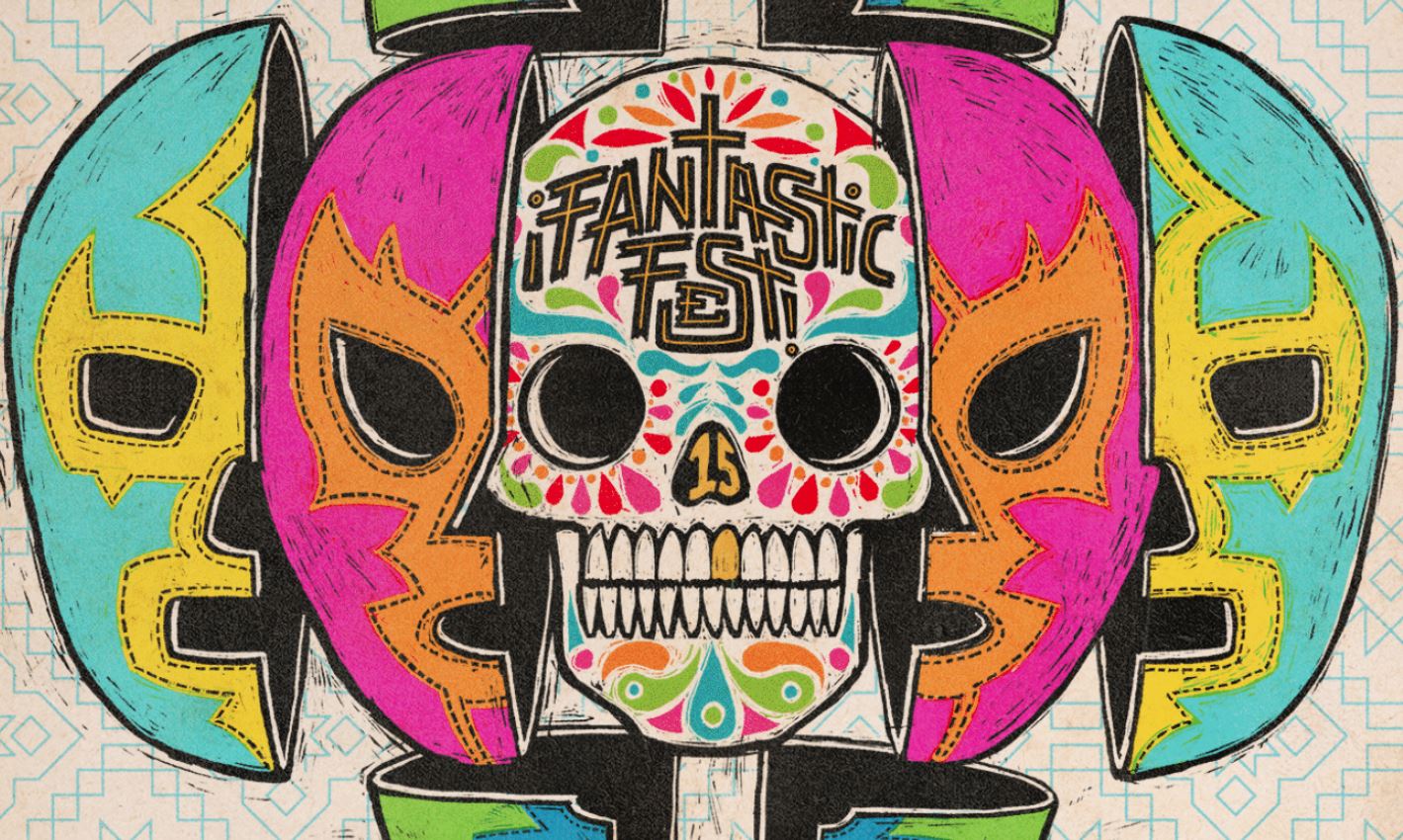For those needing a change of pace, and prefer something with subtlety and substance, The Banshees of Inisherin is your cup of tea. Tea? Feck tea! In Ireland, they drink something stronger. So serve up a pint and prepare to enjoy every last drop of this hoppy, foamy, and delicious slice of cinema from Martin McDonagh.
Set just about 100 years ago, on a fictional island just off Ireland’s west coast, we jump to the end of two characters’ lives – who never really had much going on – when one decides that the banality of life is just not enough.
As time is slipping away for all of us, what do you want in life: To be nice and enjoy your time, or remembered? It opens a can of worms that prompts more questions. Is one more selfish than the other? Can you have both? Is it still friendship if you don’t honor or support the other person’s feelings? The layers of depth in loss on display truly make this story shine. And in a film born from the idea (or fear) of being dull, the narrative never gets close to not being captivating and fulfilling.
Now that’s not a rare feat for this seasoned filmmaker as he’s performed minor cinematic miracles with the likes of Three Billboards Outside Ebbing, Missouri, Seven Psychopaths and, of course, In Bruges. Herein, however, McDonagh is more reserved and pointed but in top form no less. There is honesty, hilarity and heart set against a gorgeous backdrop. It’s a perfect setting for a story about time standing still because it helps frame the narrative catalyst in which a seemingly simple change of mind is what sets everything in motion.
Colin Farrell and Brendan Gleeson play off each other so well, and the stubbornness Farrell has to his former friend’s feelings (that their relationship is over) comes across so pathetically charming and stubborn that it gives the narrative a lot of legs. It’s all too easy to imagine ourselves in similar situation were we to receive the same news.
But it’s the subsequent hard truths and consequences in the film that push the limit of caring. How much can we endure before we just give up? The answers are different for everyone, but the loss still feels the same. When we don’t have much, do we hold on to something ever tighter? Does the change help the case, or does an ultimatum make us more steadfast in our stubbornness?
As expected, there’s resistance to letting things go. When one person is another person’s world, when that person is gone it is highly possible the others’ world ends (that is explored in both hilarious and heartbreaking measures here). That goes for friends, family and relationships, and there’s a real undercurrent of seriousness and severity that is essential which truly grounds the narrative. It seems you can’t hide from hard truths on an island, and while true friends should want the best for each other, actions reveal who we really are and what we really want. Point to McDonagh for not pulling any punches there.




